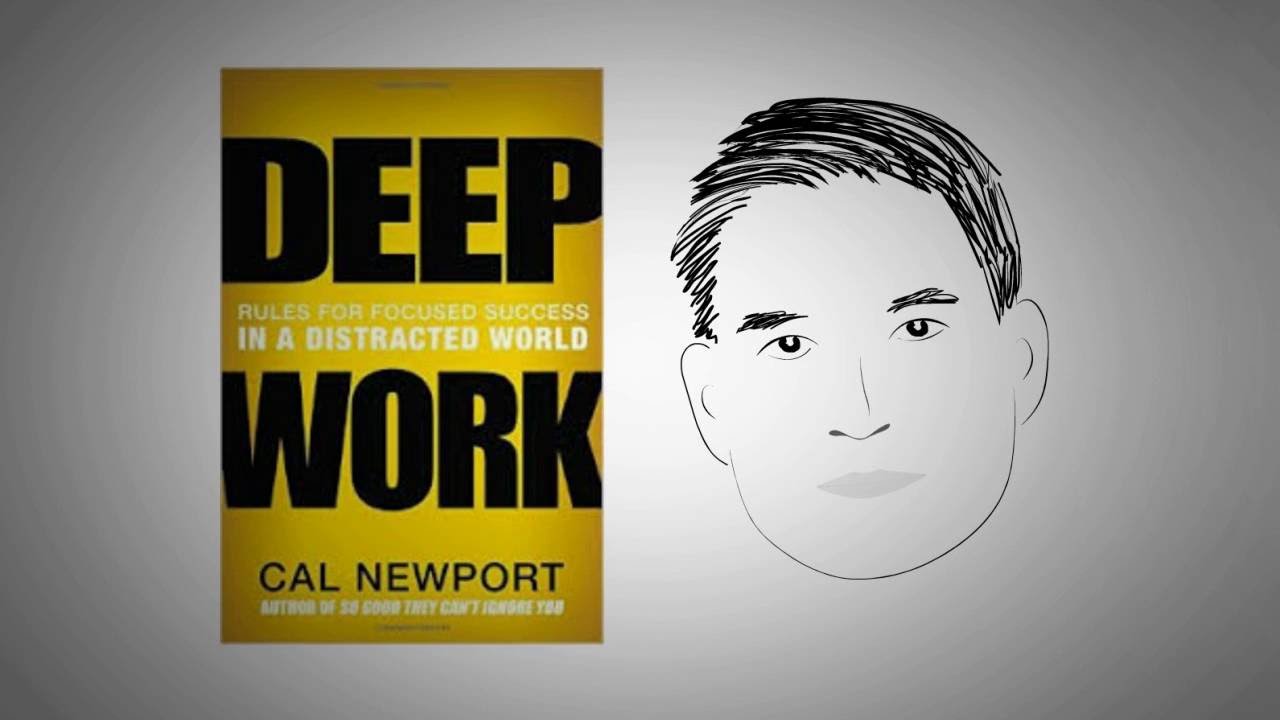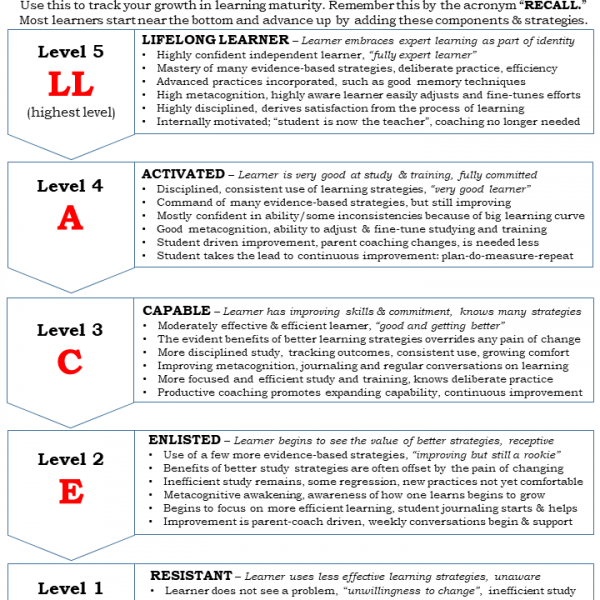
Conversation Tool: Six Learning Discussions from Author and Expert Cal Newport

Reading time: 8 minutes
Cal Newport is a great resource on learning and provides really good thought-provoking ideas about working and studying more effectively. Read below to get some ideas for great conversations with your children about learning.
He is one of our favorite authors and his ground breaking book “Deep Work” is an excellent resource. Currently he is the Provost’s Distinguished Professor of Computer Science at Georgetown University. We have drawn heavily from his research to create our courses as we think he provides lots of great ideas to help you improve your child’s ability to study and learn.
These are his six key ideas. These are accompanied by questions that you can use to stimulate worthwhile discussions with your children.
The Deep Work Hypothesis
Q: Why is the ability to concentrate becoming a rare skill? How will learning to focus and concentrate help you in the future?
This one helps us understand why you want to coach your child on study strategies that enable concentrated learning. Newport makes the case that the ability to perform deep work will give your child an immense advantage in the job market. Newport’s first key idea states:
“The ability to concentrate without distraction on a demanding task (what he calls “deep work”) is becoming more rare at the same time that it’s becoming more valuable in the knowledge sector. As a result, those individuals and organizations who put in the hard work to cultivate this skill will thrive.”
The Straight-A Method
Q: Is studying a skill, or is it just something you do?
This idea is important to share because it points out the importance of becoming an expert learner. Emphasize to your child the benefit of “learn more and study less.” The Center for Homeschooling supports and promotes this powerful payoff from using evidence-based learning strategies. Newport’s second idea:
“Studying is a skill. If you get good at this skill, you can earn much better grades while spending much less time studying than your peers. The fact that more students don’t take this reality seriously still baffles me — they’re literally wasting dozens of hours a week on unnecessarily inefficient work.”
Attention Capital Theory
Q: What will be one of your most important resources in your career?
Share with your child what is most valued in the new economy. Help your children understand how learning how to learn will serve them in their future careers. Newport’s third major idea recognizes the importance of creating value through focused thinking.
“In modern knowledge work, the primary capital resource is human brains; or, more specifically, these brains’ ability to create new value through sustained attention. At the moment, most individuals and organizations are terrible at optimizing this resource, prioritizing instead the convenience and flexibility of persistent, unstructured messaging (e.g., email and IM).”
Digital Minimalism
Q: Why is it important to minimize the time you spend online?
Newport’s 4th idea is his solution to the problem he stated in his third idea. His point is to focus your mind on that which is really valuable, and to minimize that which is not. Talk to your children about their study activities that add the most value. Teach your child the “Pareto Principle” which is also known as the “80/20 rule.” Reinforce this thinking in your study planning and review meetings.
“The services delivered through your devices have become so alluring and addictive that they can significantly erode the quality of your life and your sense of autonomy. My solution is a philosophy I call digital minimalism, which argues that you should radically reduce the time you spend online, focusing on a small number of activities chosen because they support things you deeply value, and then happily miss out on everything else.”
Career Capital Theory
Q: Can you really cultivate a passion for something through hard work? Does passion come before hard work, or is it the other way around?
We really like this one because it runs counter to conventional thinking, and it provides an interesting point for family discussions on learning. This speaks to the idea that your children mostly aren’t born with interests, they have the capability to develop them. Newport’s 5th key idea states:
“Follow your passion is bad advice if your goal is to end up loving what you do for a living. A more effective strategy is to work deliberately to develop rare and valuable skills, and then use the resulting ‘career capital’ to shape your career into something that truly resonates. In this framework, passion is something you cultivate through hard work, not the starting point in your quest for a satisfying career.”
The Zen Valedictorian
Q: What really makes someone impressive to the outside world? What will really help you get into the college you want to attend?
Have a good discussion about quality versus quantity. This might be a good topic to talk to older children who are interested in going to college. What makes a student really attractive to the admissions office?
“Students at competitive high schools and elite colleges inject unhealthy amounts of stress into their life due to the flawed belief that the quantity of things you do as a student controls how impressive you seem to the outside world. This is not true. You’re typically judged on the thing you do best.”
“My approach to the student stress issue was to encourage students to: do less, do better. That is, focus on a small number of things; do them really well; and leave yourself margin in your schedule for recharging and curiosity. It’s possible to be both happy and impressive, if you know what you’re doing.”
To learn more, Watch this 7 minute video with your child on Cal Newport’s concept of “Deep Work.”






